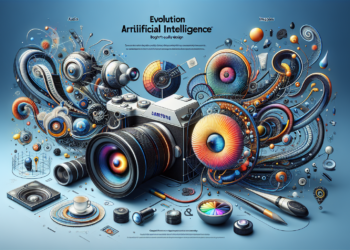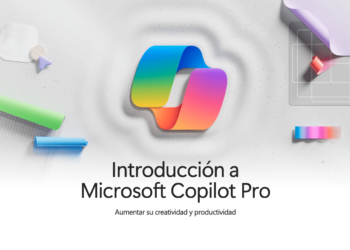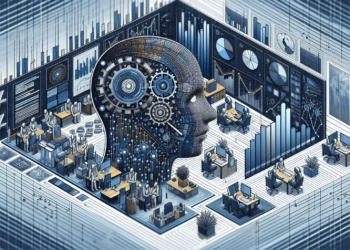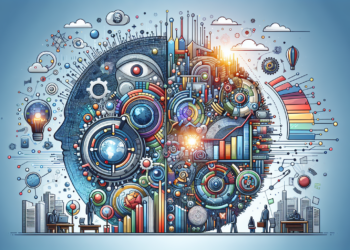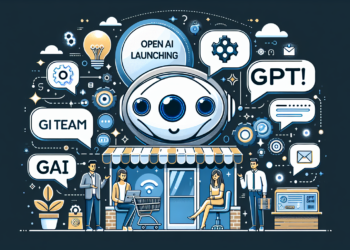As the United States approaches the 2024 presidential election, the role of artificial intelligence (AI) in politics has become a focal point of attention and debate. Recent innovations in AI are reshaping not only campaign strategies but also posing significant ethical and regulatory challenges.
AI Transforming the Political Landscape
The use of AI in political campaigns is setting a milestone in the history of American elections. Tools like ChatGPT are being implemented to draft marketing material, emails, and text messages for fundraising. According to campaign communication experts, AI is optimizing tasks such as analyzing voting patterns and crafting targeted messages. However, this evolution brings a series of ethical and regulatory concerns, especially regarding deepfakes and their potential impact on campaigns.
Recent Cases
A recent and telling example of this phenomenon is the use of AI-generated videos to criticize political opponents. This usage indicates how AI could transform our elections, providing new and rapid tools for political messaging. We are entering an era where large-scale digital creation and diffusion are becoming common, blurring the lines between authentic and fabricated material.
AI: A Tool for Instantaneous Responses in Campaigns
AI enables politicians to respond instantly to campaign developments. For instance, some of the latest videos have been released right after candidate announcements, without an extensive process of filming, editing, or review, showing how AI can provide quick and cost-effective responses in politics.
The Precision of Micro-Targeting in Political Campaigns
AI allows for highly precise micro-targeting, crucial in political campaigns. This means that candidates can direct their efforts to a small number of undecided voters, using microdata from commercial data brokers to fine-tune their messages. AI, by analyzing this material in real time, enables candidates to target specific voter blocks with personalized messages.
The Democratization of Disinformation and Legal Challenges
AI is also democratizing disinformation, offering sophisticated tools to the average person interested in promoting their preferred candidates. This increases the risk of spreading false information. Since freedom of speech in campaigns is protected, there is a legal gap regarding the disclosure of AI use in the creation of campaign materials, complicating the distinction between genuine and false appeals.
Concerns and Strategies among Strategists from Various Parties
Campaign strategists have expressed concern about the explosion of false content generated by AI in 2024, emphasizing the need to train campaign staff and educate voters to identify AI-driven disinformation. Despite the American Association of Political Consultants’ unanimous condemnation of using deepfakes in political advertising, there is still a lack of effective federal regulation. This highlights the need for a more human approach in campaigns to respond to a less stable media environment.
Conclusion: Steering Towards a New Electoral Horizon
The integration of AI in the 2024 electoral process is a clear testament to how technology is redefining the political landscape. It offers both promises of greater efficiency and personalization in political communication and significant challenges in terms of ethics and regulation. As the United States approaches a critical election, careful navigation of these new technological territories is essential to ensure fair and transparent politics in the age of AI.



